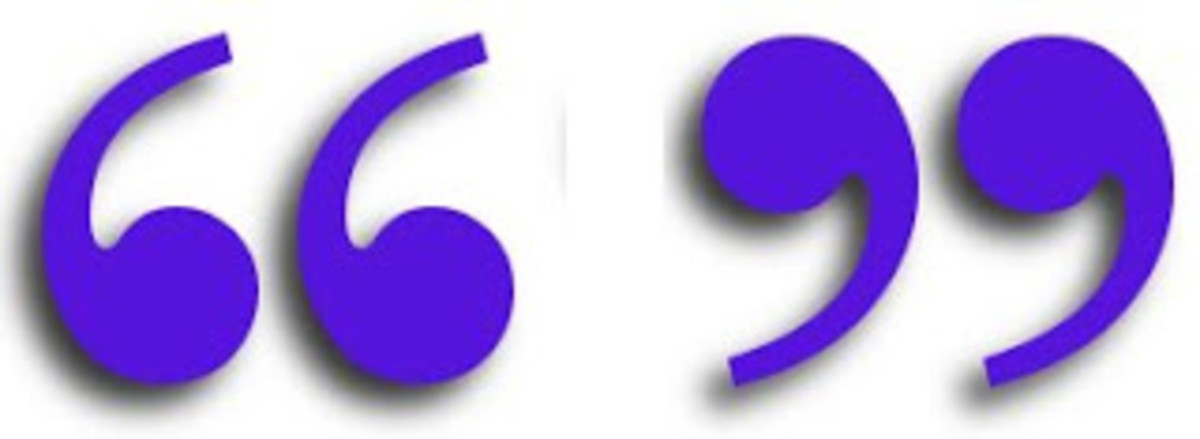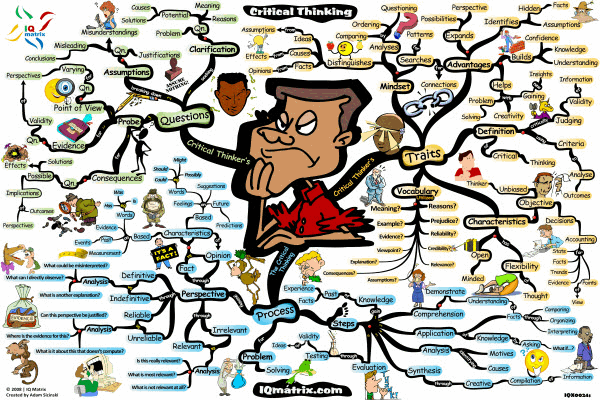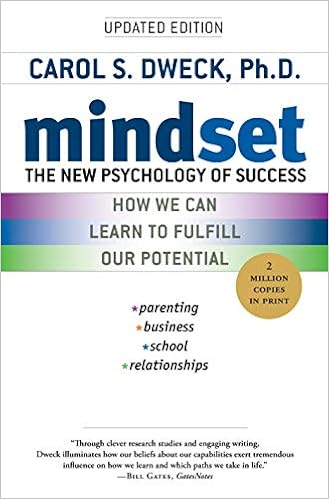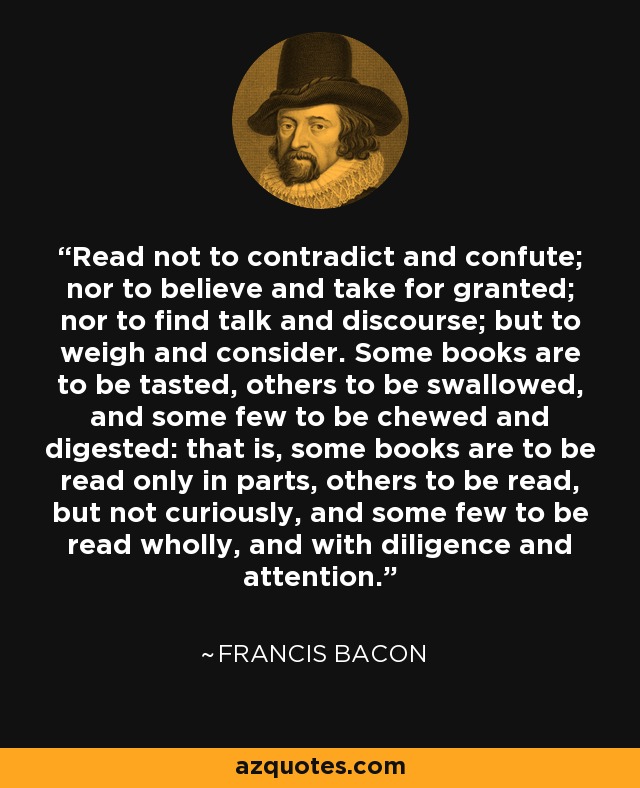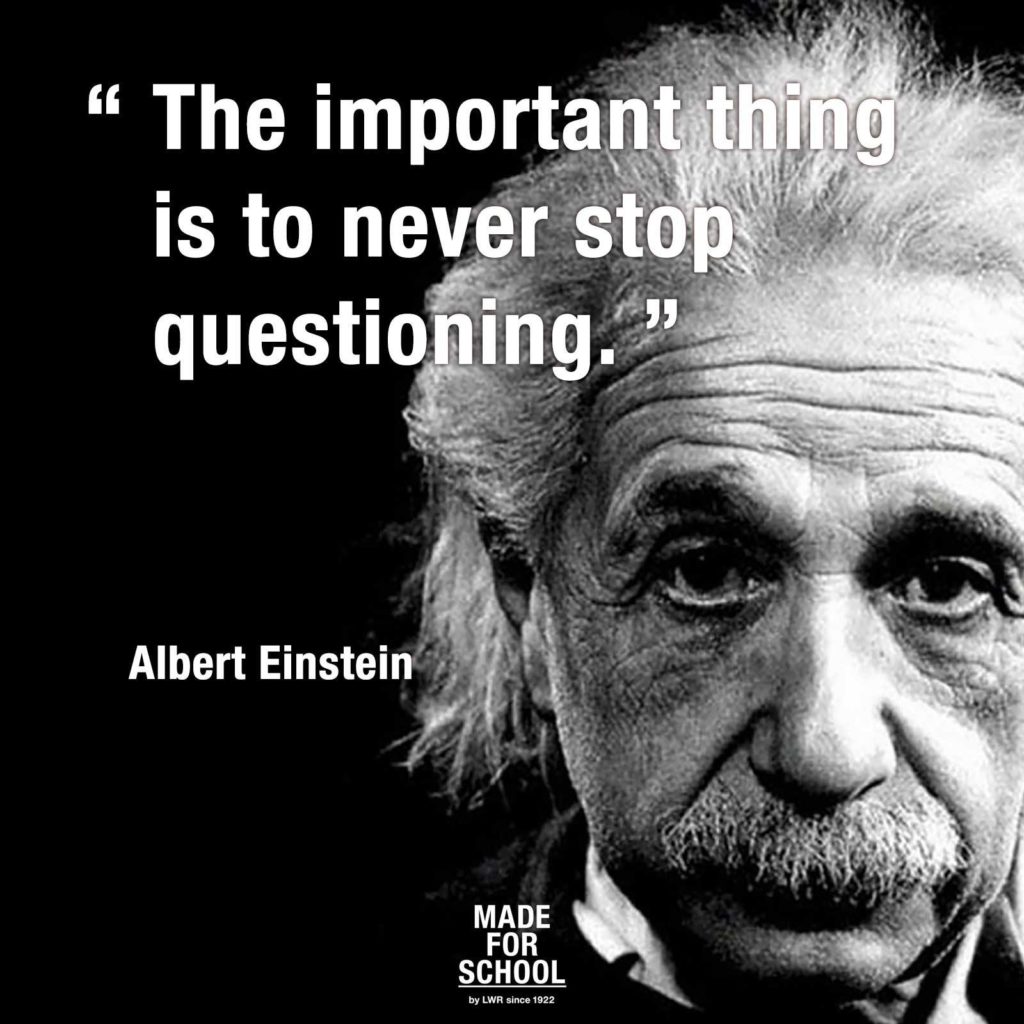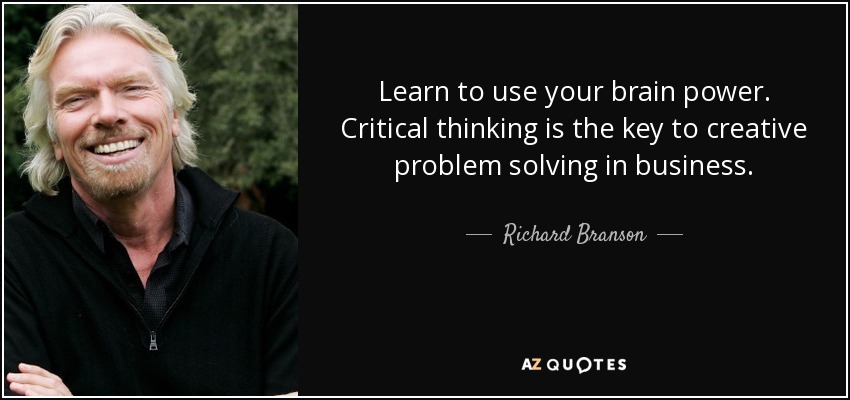
Key Research:
Psychological impacts of Judgement/Critical Thinking
Put into action the recommendations from the Authentic Happiness Coaching Newsletter on Critical-thinking/Open-mindedness
Tayyab Rashid and Afroze Anjum offer 340 Ways to Use VIA Character Strengths including these four for Critical Thinking/Open-mindedness
Test your mindset
The basic premise of the book is “The reason that the the greatest leaders and people are successful is because they have a Mindset focused on growth.” In a nutshell, succesesful people believe that they can grow into being smarter, talented, and better. What’s more, they constantly look for opportunities to do so.
|
- “The Art of Changing Minds” by Howard Gardner
- Howard Gardner, a renowned psychologist, discusses the complexity of changing minds and the importance of empathy and understanding in persuasion. Developing good judgment involves being open to new ideas and perspectives while critically evaluating them.
- Watch here
- “How to See Past Your Own Perspective and Find Truth” by Michael Patrick Lynch
- Philosopher Michael Patrick Lynch explores the concept of intellectual humility and the importance of seeing past our own biases. Developing open-mindedness involves recognizing the limitations of our perspectives and actively seeking out diverse viewpoints.
- Watch here
- “The Power of Outrospection” by Roman Krznaric (RSA Animate) This animated video brings to life Roman Krznaric’s ideas about developing an open, outward mindset to gain new perspectives.

Podcasts to feed your Critical Thinking/Open-Mindedness:
Broken brain podcast – An interesting dive into how the brain works and how to optimize it’s functioning. Host Dhurv Purohit talks to doctors of all ilk to explore how to optimize your habits.
Applied Awareness Podcast – My own podcast about expanding your awareness of the forces that determine your inner and outer realities and how to take advantage of – and apply – your awareness. I talk about a wide range of topics from politics to psychology to our food and give listeners actionable bits of advice for self-improvement. I put a lot of effort researching the topics of my episodes and talk to inspiring people that are sure to stimulate your creativity.
Ted Radio Hour – A fantastic podcast that gives you a deep dives into different topics of Ted Talks. The host, Guy Raz is fantastic and interviews the people who actually gave the Ted Talks in depth. It explores all the realms of life hacks, psychology, self-improvement, science & technology. This one is extremely thought provoking, and will be sure to enhance your intellectual creativity through it’s wide range of topics.
You are Not So Smart – is a show about psychology that celebrates science and self delusion. In each episode, we explore what we’ve learned so far about reasoning, biases, judgments, and decision-making.
Skeptics Guide to the Universe – Hosted by an intellectual powerhouse, Dr Steven Novella, the SGU provides an hour of often humorous and tireless skeptical entertainment.
Point of Inquiry – This is the official Podcast of the Centre for Inquiry (CFI). DJ Groethe, perhaps the best skeptical interviewer around, interviews a plethora of celebrities and scientific minds on their skeptical views (or otherwise) of the world around us.
- “How to Be Less Judgmental” – The Psychology Podcast Summary: This episode examines common cognitive biases that lead to harsh judgments and ways to become more open-minded. URL: https://scottbarrykaufman.com/podcast/how-to-be-less-judgmental/
- “The Power of Judging Others Charitably” – The Ezra Klein Show Summary: Klein discusses the importance of interpreting others’ motivations and actions charitably rather than uncharitably. URL: https://www.nytimes.com/2022/08/04/opinion/ezra-klein-podcast-justin-ept-lee.html
- “Decisive” – Revisionist History (Malcolm Gladwell) Summary: Gladwell explores the challenges of making high-stakes judgments and decisions under uncertainty.
URL: https://revisionisthistory.com/seasons?selected=season-3 - “The Art of Decision Making” – Hidden Brain (NPR) Summary: This episode looks at the psychology and neuroscience behind how humans make judgments and choices. URL: https://www.npr.org/2018/04/09/600868811/the-art-of-decision-making
- “Good Judgment in a Partisan Age” – The Ezra Klein Show Summary: Klein discusses cultivating wise judgment amid polarization with psychologist Jonathan Haidt. URL: https://www.nytimes.com/2022/05/12/opinion/ezra-klein-podcast-jonathan-haidt.html
- “You Are Not So Smart” – David McRaney Summary: This podcast examines cognitive biases and delusions that cloud our judgment and decision-making abilities.
URL: https://youarenotsosmart.com/podcast/ - “The Critical Mind” – A Celebration of Science Summary: Interviews and discussions aimed at fostering critical thinking skills and skeptical inquiry. URL: https://acelebrationofscience.com/category/the-critical-mind/
- “Open Mind” – AI and the Future of Intelligence Summary: Examining AI’s impact on decision-making and the need for human critical judgment. URL: https://lexfridman.com/open-mind/
- “Opinion Science” – Hidden Brain (NPR) Summary: How our identities and beliefs shape our judgments, often in irrational ways. URL: https://hiddenbrain.org/podcast/opinion-science/
- “The Boundaries of Open-Mindedness” – The Ezra Klein Show Summary: A discussion on balancing intellectual humility with strong convictions. URL: https://www.nytimes.com/2023/02/16/opinion/ezra-klein-podcast-juliamackin.html
- Podcast: “TED Radio Hour” Episode: “Decisions Decisions Decisions” – Host Guy Raz explores the concept of judgment and decision-making through TED Talks and interviews with experts in psychology, neuroscience, and behavioral economics.
 Your Critical Thinking/Open Mindedness
Your Critical Thinking/Open Mindedness
- Understanding Your Self-Critical Thoughts from Insight Timer
- Does Mindfulness Enhance Critical Thinking? Evidence for the Mediating Effects of Executive Functioning in the Relationship between Mindfulness and Critical Thinking
- How to Develop Critical Thinking Skills – Operation Meditation
